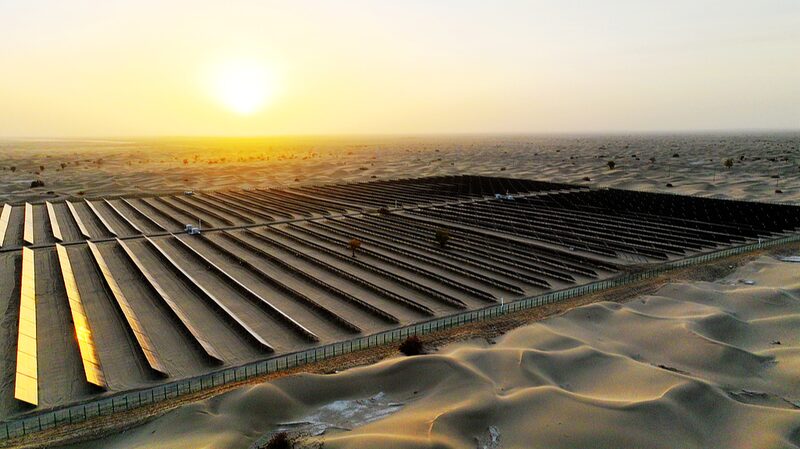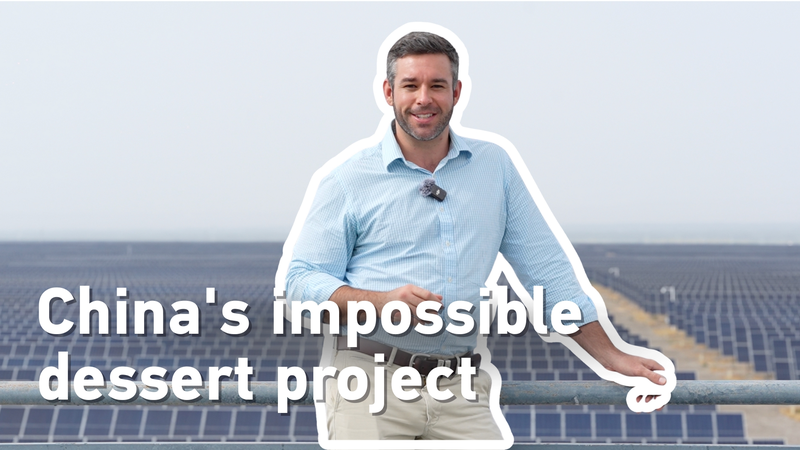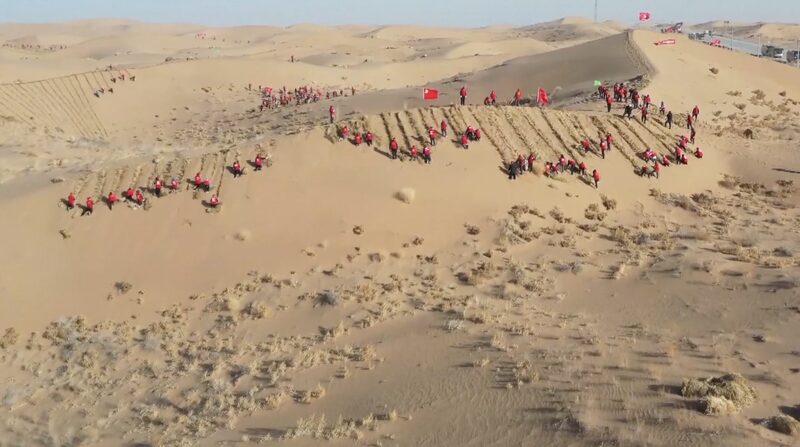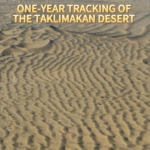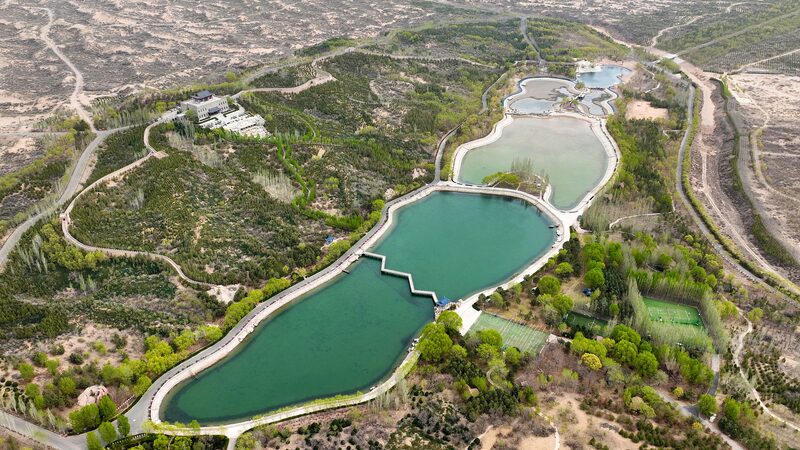In a plot twist straight out of a sci-fi movie, the arid expanses of Xinjiang’s Taklimakan Desert are getting a high-tech makeover. A groundbreaking project pairing solar panels with agriculture is turning sand dunes into sustainable oases—and it’s working. 🌍
From Sandstorms to Sunbeams
For decades, the southern edge of the Taklimakan Desert battled relentless sandstorms, with winds whipping unchecked for months each year. Now, rows of 4.5-meter-tall solar panels act like futuristic windbreakers, slowing gusts and trapping sand. The result? Fewer sandstorms hassling nearby communities. 🌪️➡️🌤️
Green Thumb Meets Tech Savvy
But this isn’t just about clean energy. Engineers left strategic gaps between panels for farming, while agricultural experts tested crops that thrive in the desert’s harsh conditions. Spoiler: Alfalfa—a hardy, water-smart plant—won the survival showdown. Come spring, it’ll blanket the land beneath the panels, feeding livestock and locking soil in place. 🐑🌱
Why It Matters
This isn’t your average solar farm. By merging renewable energy with desert-friendly agriculture, Xinjiang’s project tackles three challenges at once: power generation, farmer incomes, and desertification. Think of it as a triple-threat eco-warrior. 💪
As the Taklimakan transforms, could this model inspire other arid regions? The desert, once a symbol of scarcity, might just become a blueprint for sustainable innovation. 🔋🌾
Reference(s):
Innovative approaches to combating desertification in Xinjiang
cgtn.com
